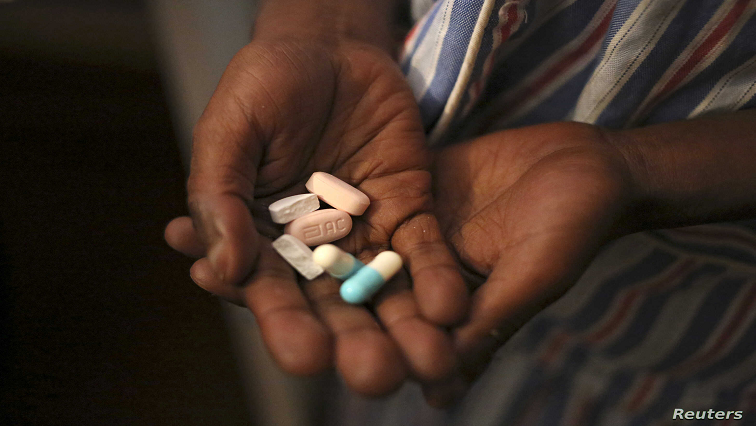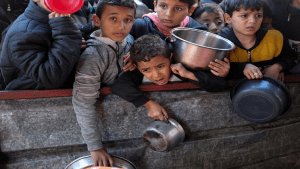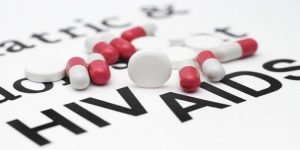There’s an urgent need for new, more suitable HIV medicine for children in South Africa. Currently, they’re subjected to bitter-tasting medicine and a huge pill burden for the older children.
This has emerged at a paediatric HIV treatment webinar organised by the South African National AIDS Council (Sanac) and pharmaceutical giant, Cipla.
Sinethemba Dlamini from Johannesburg has a four-year-old child who was born HIV-positive. She’s part of the 1% of children in the country that are born HIV-positive.
The little one started HIV treatment when she was three months old and as her mother explains, it has been a struggle.
“I don’t want to lie, in the beginning, it was hard. She would spit it out or vomit. She eventually got used to it but there’s one medicine, Kaletra, she refuses to take it. She says it’s bitter.”
The presentation by Dr Leon Levin from @righttocaresa focuses on managing adherence and disclosure. He echoes Sinethemba Jali’s sentiments on some of the challenges children experience with medication – these border on taste, side effects etc. #PaediatricHIV @CiplaRSA pic.twitter.com/0RWQvrr7YR
— SANAC (@SA_AIDSCOUNCIL) November 10, 2020
Dlamini is appealing for more child-friendly medicine.
The Prevention of the Mother to Child Transmission Programme has been commended for the low numbers of children born HIV-positive. However, the 1% is still deemed too high as the child will be on chronic medication for life.
Dr Precious Garnett, marketing manager at Cipla, says the current medicines are not a perfect solution.
“For a child living with HIV in SA, they have two options of medicine. Sinethemba can’t crush the medicine to give to the baby; it needs to be swallowed whole and we know that they can be quite big and for children they are not able to swallow big tablets. So, this does become a challenge. So, if Sinethemba’s baby can’t take the tablets, the only other option that’s available is the bitter medicine and this medicine is bitter because it contains up to 42% alcohol.”
Doctor Leon Levin, a Senior Paediatric Advisor at Right to Care, also advocates change in the medicines and how they’re given to children.
“We have big problems, especially with young children, especially with teenagers as well. High bill burdens, twice a day dosing is very problematic. Children cannot do mornings. I mean it’s a mad rush to go to school, to get dressed. By the time you wake up, you are already late for school, you are getting dressed on the run, breakfast on the run and of course, breakfast gets forgotten. The strict time interval, the patient takes it at 8 o’clock . You will hear that’s actually not necessary anymore. The side effects of the medication, very often a patient just stops taking their treatment because of the side effects.”
Dr Garnett says her company is working on a 4-in-1 fixed-dose combination drug for children which should be available in South Africa in the next two years. She says it will be easy to administer, will taste good and can be taken with food, yoghurt and liquids.
The South African National AIDS Council says it needs to better track HIV-positive children in the country and work towards an AIDS-free society in the coming years.





